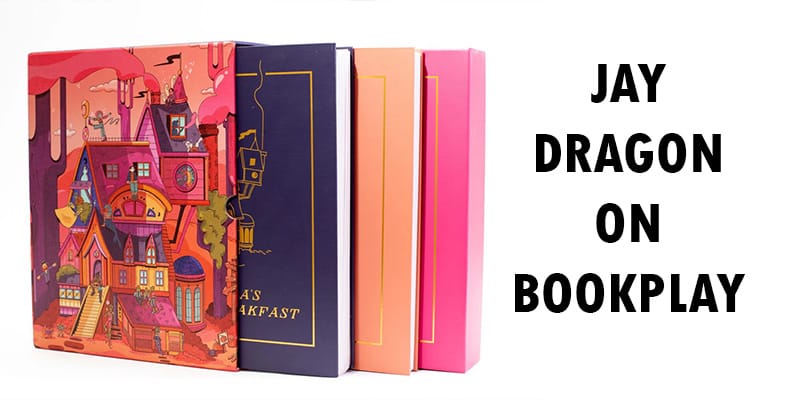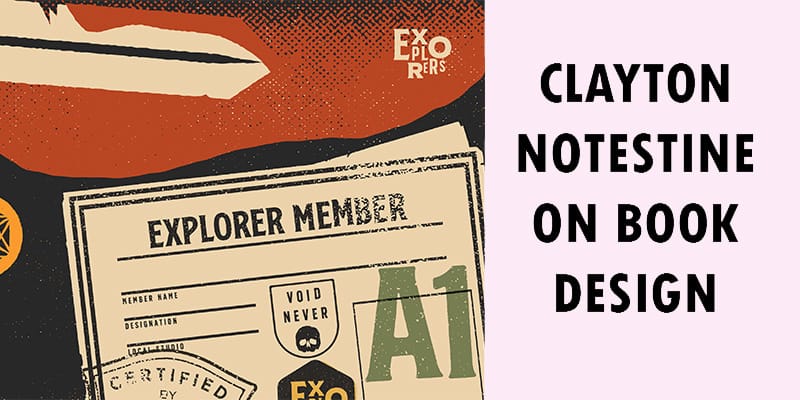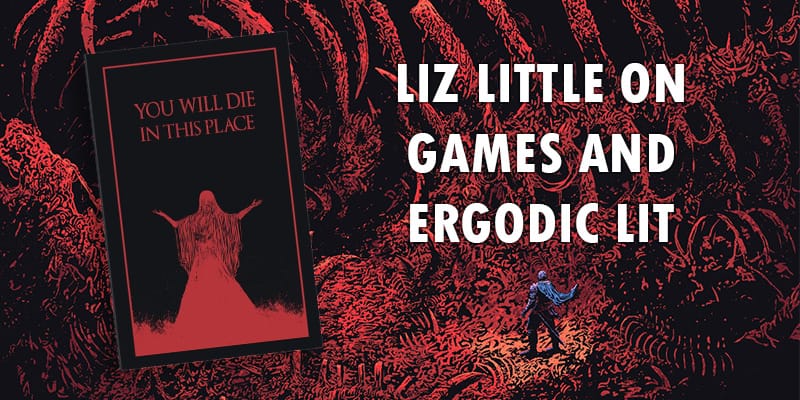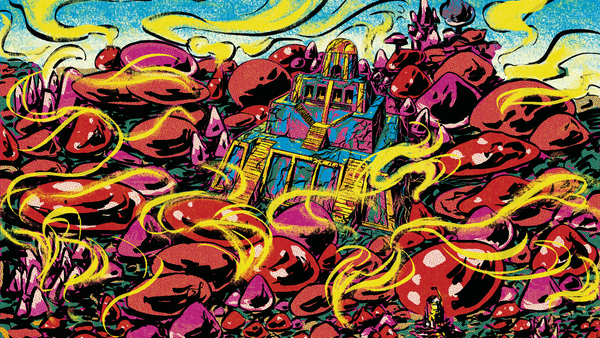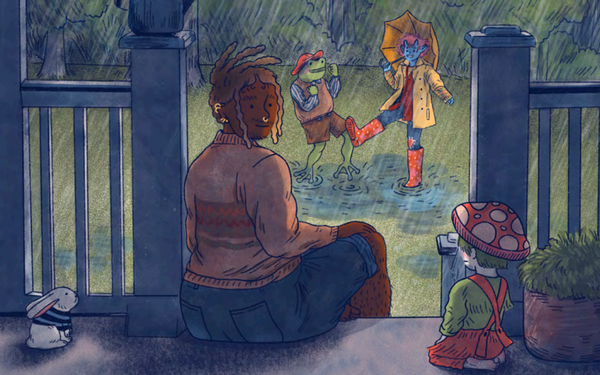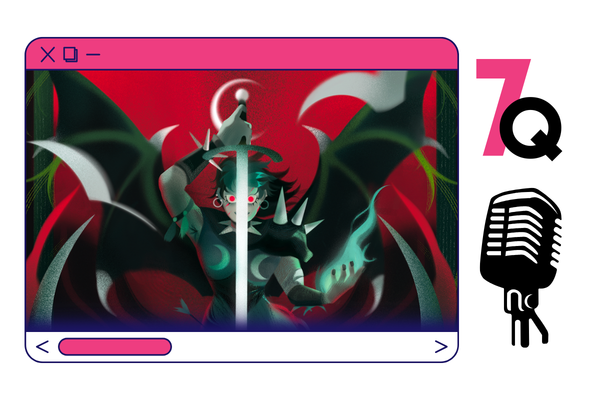SPINE: Print Copies Now Available
Plus essays on bookplay and reading ttrpgs
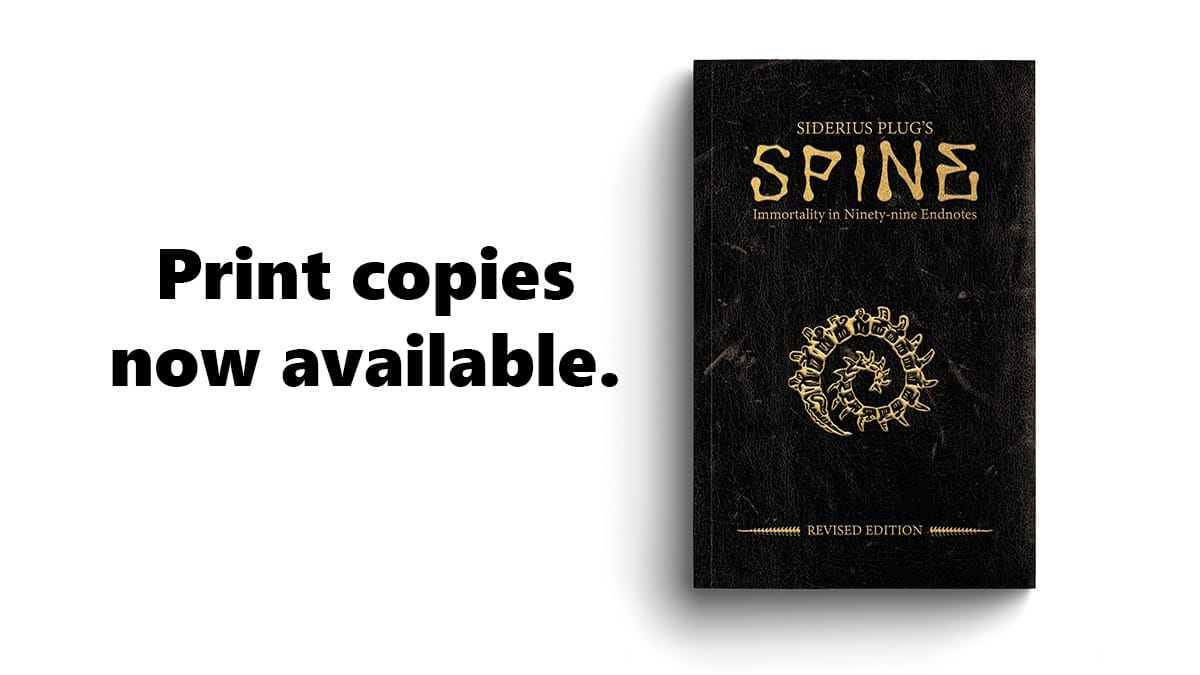
Asa Donald of Backwards Tabletop recently released a new game called SPINE.
SPINE is a solo TTRPG that looks like a book. In SPINE, you play as a researcher who has inherited this strange book from an estranged relative. You play by reading the book and following the prompts that you find in the endnotes. But you soon discover a catch. You are being absorbed by the book — getting lost in it. The only way to lessen its power is by defacing the text.
Piece together the story without losing yourself in it.
You can now purchase a print copy of SPINE ($9.99 via Mixam):

If you'd like, you can help spread the word on Bluesky. QRTs are especially helpful, but anything is appreciated.
The digital & printable booklet version of SPINE remains free through 10/31:
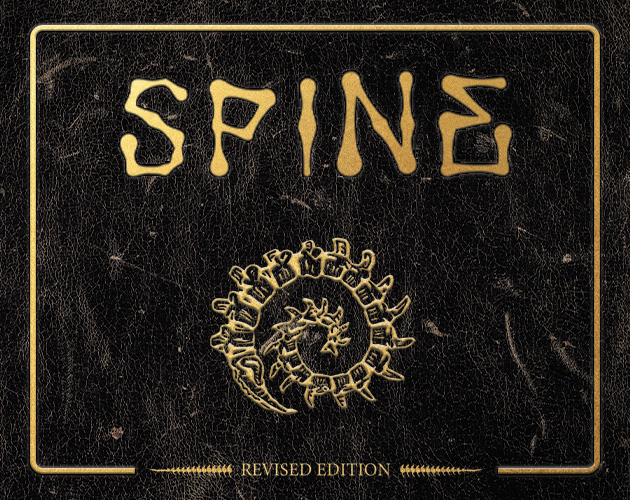
Digital/printable booklet remain free through 10/31
SPINE was also released alongside several essays and several interviews that informed the development of this project. These essays and interviews broadly discuss the role of "reading" in ttrpgs and their medium as a book.
Design Essays
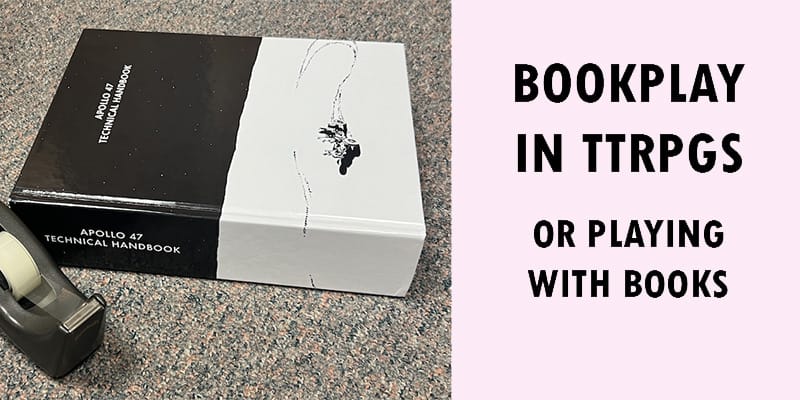
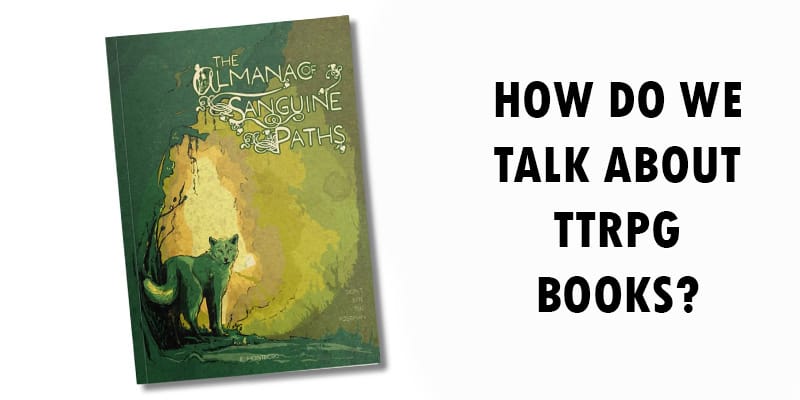
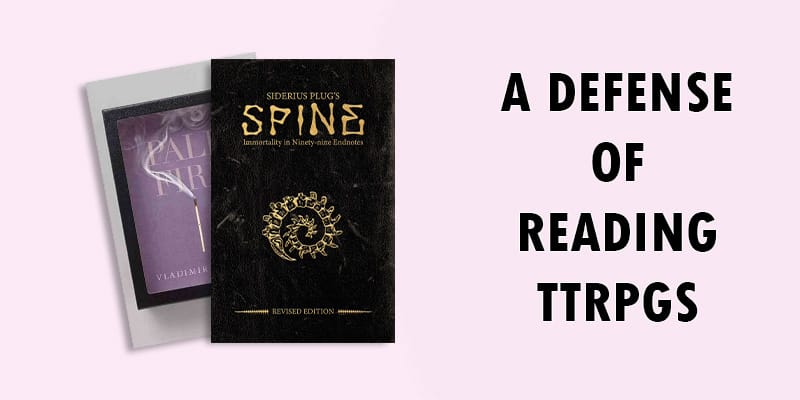
Design Interviews
